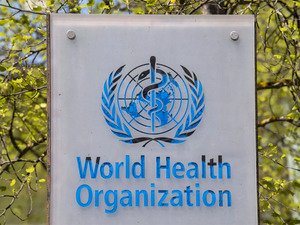Diabetes Killed 416,000 People In Africa In 2021 – WHO

Diabetes mellitus took the lives of 416,000 people on the African continent last year, thus becoming one of the leading causes of death in Africa by 2030. The World Health Organization (WHO) Representative to Ghana, Mr. Francis Kasolo who disclosed this in a statement read on his behalf at Ghana’s commemoration of
the 2022 World Diabetes Day, said 24 million adults in Africa are currently living with the condition. The number was, however, predicted to swell by 129 percent to 55 million by 2045. Diabetes is a chronic metabolic disease typically characterised by high sugar in the blood. Types are ‘Type 1’, affecting
usually children with little or no insulin, ‘Type 2’, usually occurring after 18 years with poor response to insulin and ‘Gestational Diabetes’, one that is caused by pregnancy among women. Mr Kasolo said Diabetes is the only major non-communicable disease for which the risk of dying early is increasing, rather than
decreasing. The commemoration, organised by the Ministry of Health, was on the theme: “Access to Diabetes Care”. He said epidemiological trends were reflected in Ghana as Type-2 Diabetes affected approximately six percent of adults, a percentage that is expected to rise. The WHO Representative said the known
factors include family history and increasing age, along with modifiable risk factors such as overweight and obesity, sedentary lifestyles, unhealthy diets, smoking and alcohol abuse. When left unchecked and without management and lifestyle changes, Diabetes, he said, could lead to several debilitating complications
like heart attack, stroke, kidney failure, lower limb amputation, visual impairment, blindness, and nerve damage. To enhance controlling of the condition, Mr Kasolo appealed to governments of WHO member states to prioritise investment in essential products like insulin, glucometers and test strips, explaining: “This is critical to ensure equitable accessibility for everyone living with diabetes, no matter where on the continent they are”. He said.







